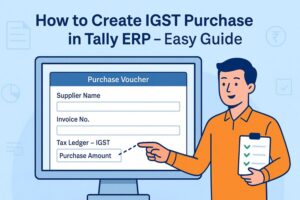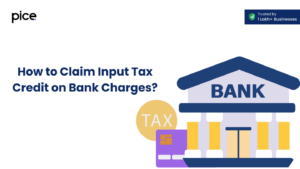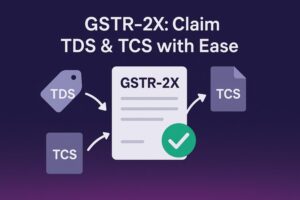Tax Collected at Source (TCS) Under GST
- 28 Nov 24
- 8 mins
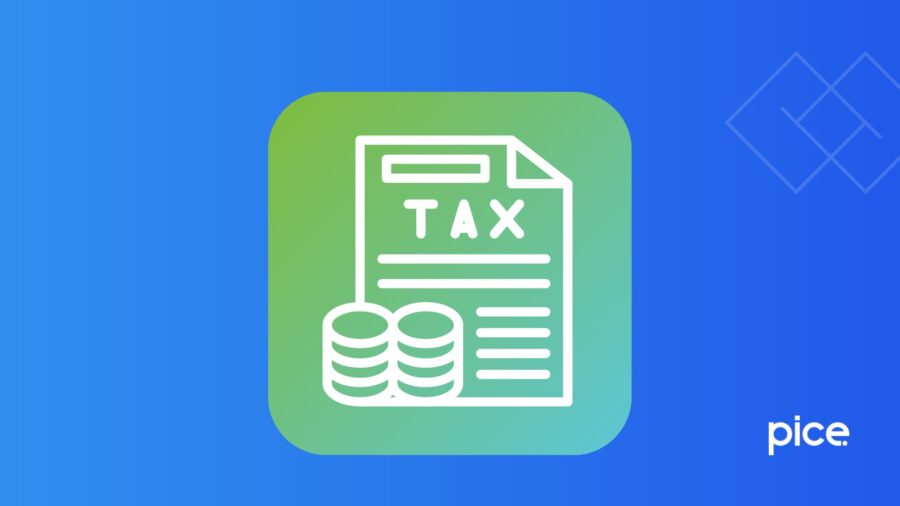
Tax Collected at Source (TCS) Under GST
- What Is TCS on GST?
- Who Is Responsible for Collecting TCS on GST?
- What Is the TCS Applicability Rate?
- What Goods Are Covered Under TCS?
- How Do I Obtain the TCS Credit?
- Effect of GST Under TCS on e-Commerce Operators
- TDS and TCS on GST: Benefits
- TCS on GST: Registration Requirements Provisions
- TCS Deposit Deadline
- E-commerce Sellers Using GSTR-8 Data in GSTR-2A
- E-Invoicing Impact on TCS and E-commerce Operators
- Conclusion
Key Takeaways
- TCS under GST enables efficient tax collection from e-commerce sellers via platforms like Amazon and Flipkart.
- E-commerce operators deduct 0.5% TCS to promote transparency and compliance in online transactions.
- Sellers can claim TCS credit on the GST portal, easing tax payments and cash flow management.
- Mandatory GST registration for e-commerce participants ensures a well-regulated tax ecosystem.
- TCS under GST bolsters compliance, curbs evasion, and integrates seamlessly with e-invoicing systems.
TCS under GST applies to e-commerce operators and sellers selling through e-commerce platforms. It helps the government collect taxes from sellers for the sale of goods and services to customers using e-commerce platforms like Flipkart, Amazon and others.
Learn about it in detail here to understand the need for GST registration, threshold exemption limits and applicable rates. Further, learn how to obtain credit on TCS to use it for tax payments.
What Is TCS on GST?
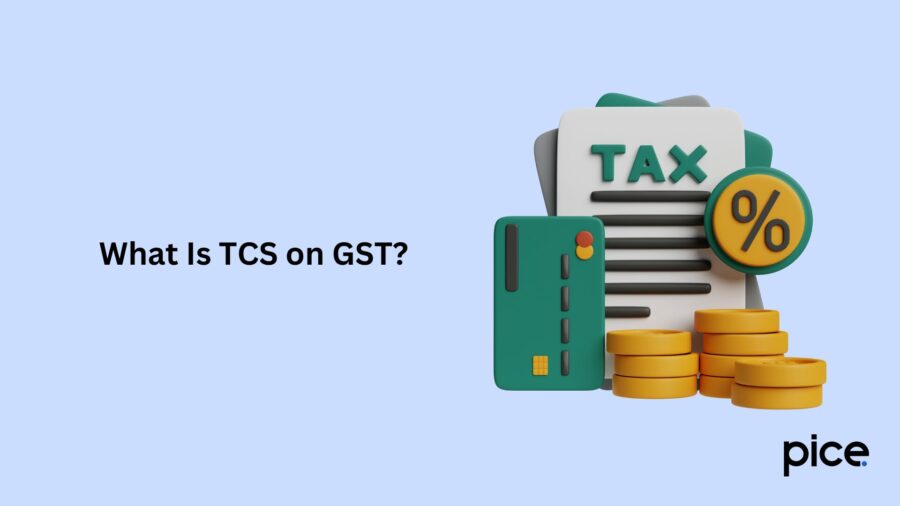
TCS (Tax Collected at Source) under GST is the tax collected by e-commerce operators on behalf of the registered suppliers of goods and services who use the online platform. Under Section 52 of the CGST Act, TCS is a percentage of the net taxable supplies.
Who Is Responsible for Collecting TCS on GST?
E-commerce operators owning and managing the platforms are responsible for collecting TCS under GST. It applies when the operator collects the consideration from customers on behalf of suppliers. Thus, while paying the vendors or suppliers, the e-commerce players deduct the TCS and pay the net amount.
For instance, M/s ABC (a proprietorship firm) sells clothing using Flipkart, an e-commerce platform. Thus, Flipkart will deduct TCS on behalf of M/s ABC for payment of consideration collected from customers.
However, the following are the exceptions to TCS for the services that e-commerce operators provide:
- Accommodation in hotels/clubs, guest houses for unregistered suppliers
- Transportation of passengers including radio taxi, motorcycle or motor cab
- Housekeeping services such as plumbing, carpentry and others for unregistered suppliers
What Is the TCS Applicability Rate?
The applicable TCS rate is 0.5% which the e-commerce operators need to deduct before paying the respective suppliers or dealers. This indicates that, in the case of intra-state supply, TCS of 0.25% is deducted each under CGST and SGST. However, for inter-state transactions, the TCS rate is 0.5% under the IGST Act.
What Goods Are Covered Under TCS?
Here are the goods covered under TCS illustrated in the table below:
| Types of Goods | Tax Rates |
| Sales of goods to a purchaser exceeding ₹50 lakh | 0.1% |
| Timber woods under a forest lease or any other mode | 2.5% |
| Tendu leaves | 5% |
| Forest produce other than tendu leaves & timber | 2.5% |
| Liquor of an alcoholic nature, made for human consumption | 1% |
| Minerals like lignite, coal & iron ore | 1% |
| Purchase of motor vehicle exceeding ₹10 lakh | 1% |
| Parking lot, Toll Plaza & Mining & Quarrying | 2% |
How Do I Obtain the TCS Credit?
If you are a registered seller on any of the e-commerce platforms, you can obtain credit for TCS deducted by completing ‘TDS and TCS Credit Receivable Return’ on the GST portal.
Here is the process to file a TCS credit receivable return:
Step 1: Log in to the unified GST portal.
Step 2: Navigate to the ‘Services’ option and choose ‘Returns’. Then choose ‘TDS and TCS Credit Received’.
Step 3: Select the financial year and the tax period.
Step 4: Click on ‘Prepare Online’.
Step 5: Go to the ‘TCS Credit’ tab.
Step 6: Accept or decline the credit details.
Step 7: To file the return, use DSC (digital signature certificate) or EVC (electronic verification code).
Step 8: Find your transferred credit in the cash ledger and use it to make tax payments.
Effect of GST Under TCS on e-Commerce Operators
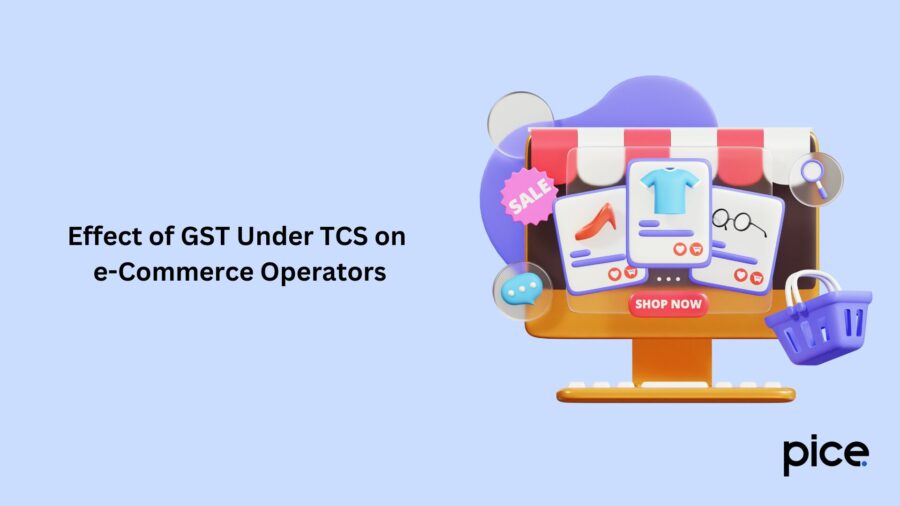
Online sellers had to change their online payment process, administration, and finance departments to initiate the TCS process under GST. They need to register under GST in each state separately where they are operational. Further, they need to ensure that ERP systems are well integrated to facilitate the process.
In addition, sellers need to register for GST to operate on e-commerce platforms like Amazon, Flipkart, Snapdeal and others. Notably, to avoid freezing the working capital, sellers need to file their returns at the right time and claim excess taxes.
TDS and TCS on GST: Benefits
TDS and TCS have multiple benefits as follows:
- Regulated under Sections 51 and 52 of the CGST Act, the provisions of TDS and TCS act as strong measures to prevent tax evasion.
- Once the deductor files returns, it automatically reflects in the deductee’s or supplier’s electronic ledger. The latter can use it to claim credit for tax deducted in his electronic cash ledger and pay taxes.
- TDS helps the unorganised sector comply with tax provisions, thereby preventing fraud.
- TCS regulates online sellers by tracking their transactions and ensuring they deposit taxes on time.
TCS on GST: Registration Requirements Provisions
E-commerce operators and sellers selling through e-commerce platforms need to register under GST. There is no threshold limit exemption for e-commerce operators. The following are the registration conditions:
- All e-commerce operators who need to collect TCS should register under GST.
- Sellers supplying through an e-commerce business need to be registered under GST except for those governed under Section 9 (5) of the CGST Act and do not exceed the ₹20 lakh (₹40 lakh) registration threshold (the exemption list under Section 9 (5) has been mentioned above).
- In case a service provider has an aggregate turnover less than ₹20 lakh or ₹40 lakh, considering they do not make inter-state supplies, they are exempt from registration.
- However, suppliers of goods selling through e-commerce platforms are not exempt from registration.
- An e-commerce company needs different and compulsory registration under GST for selling goods and services in each Indian state.
TCS Deposit Deadline
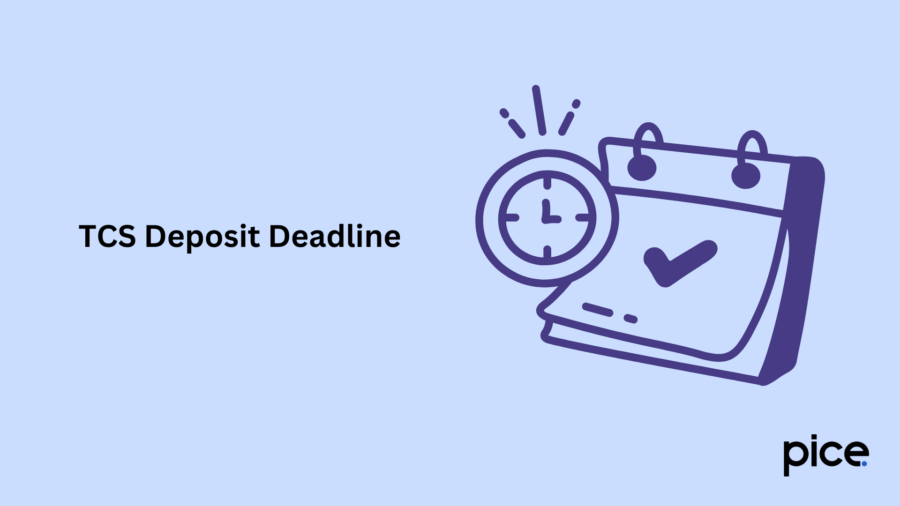
The due date for TCS deposits is the last day of the month of supply of goods and services. It needs to be deposited to the government’s credits within 10 days after the supply month ends.
Here are the ways to pay the collected tax:
- You need to pay IGST (integrated goods and services tax) and CGST (central goods and services tax) to the Central Government.
- The SGST (state goods and services tax) needs to be paid to the State Government.
E-commerce Sellers Using GSTR-8 Data in GSTR-2A
The details provided by operators in GSTR-8 will be reflected in GSTR-2A for all suppliers after the GSTR-8 filing deadline. However, these credit details will not appear in the GSTR-2B return.
The supplier’s electronic cash ledger will reflect the tax collected. As a result, they can claim the credit once they match and reconcile the supplies with the information in GSTR-2A.
One must note that you cannot revise GSTR-8. Hence, discrepancies identified need to be informed to the operator and the supplier. In case the discrepancy or error is not corrected within the necessary time, the supplier has to bear the tax liability in addition to the required interest payable.
E-Invoicing Impact on TCS and E-commerce Operators
E-commerce operators can avail the e-invoicing system to report invoices to the Invoice Registration Portal (IRP). These invoices should have been raised by the e-commerce operators on behalf of their suppliers.
E-commerce operators need to adhere to a specific procedure while integrating their ERP system with IRP. Compliance with the defined procedure can help e-commerce operators raise e-invoices seamlessly.
Conclusion
TCS under GST has been introduced by the Indian Government to prevent tax evasion and fraudulent activities. It helps ensure transparency between sellers and e-commerce operators in terms of tax collection. The rate of TCS is 0.5% that the e-commerce operators deduct before paying the suppliers or sellers.
💡If you want to streamline your payment and make GST payments, consider using the PICE App. Explore the PICE App today and take your export business to new heights
 By
By 








